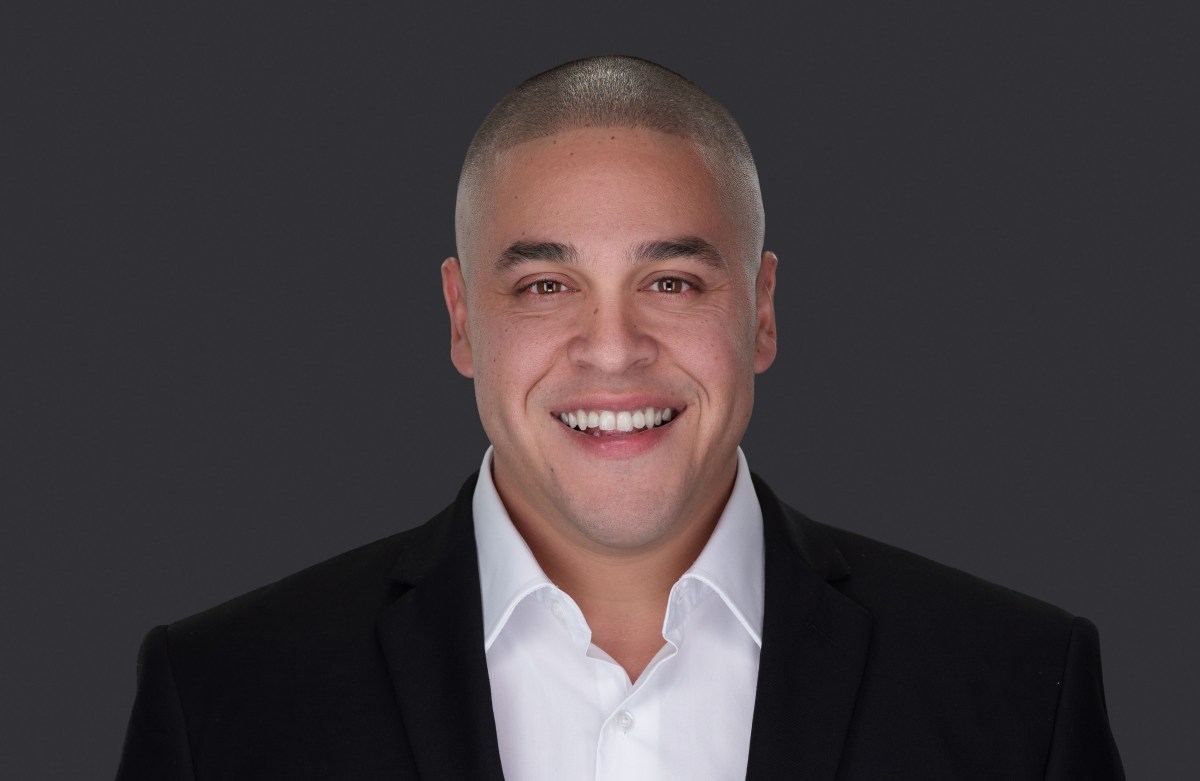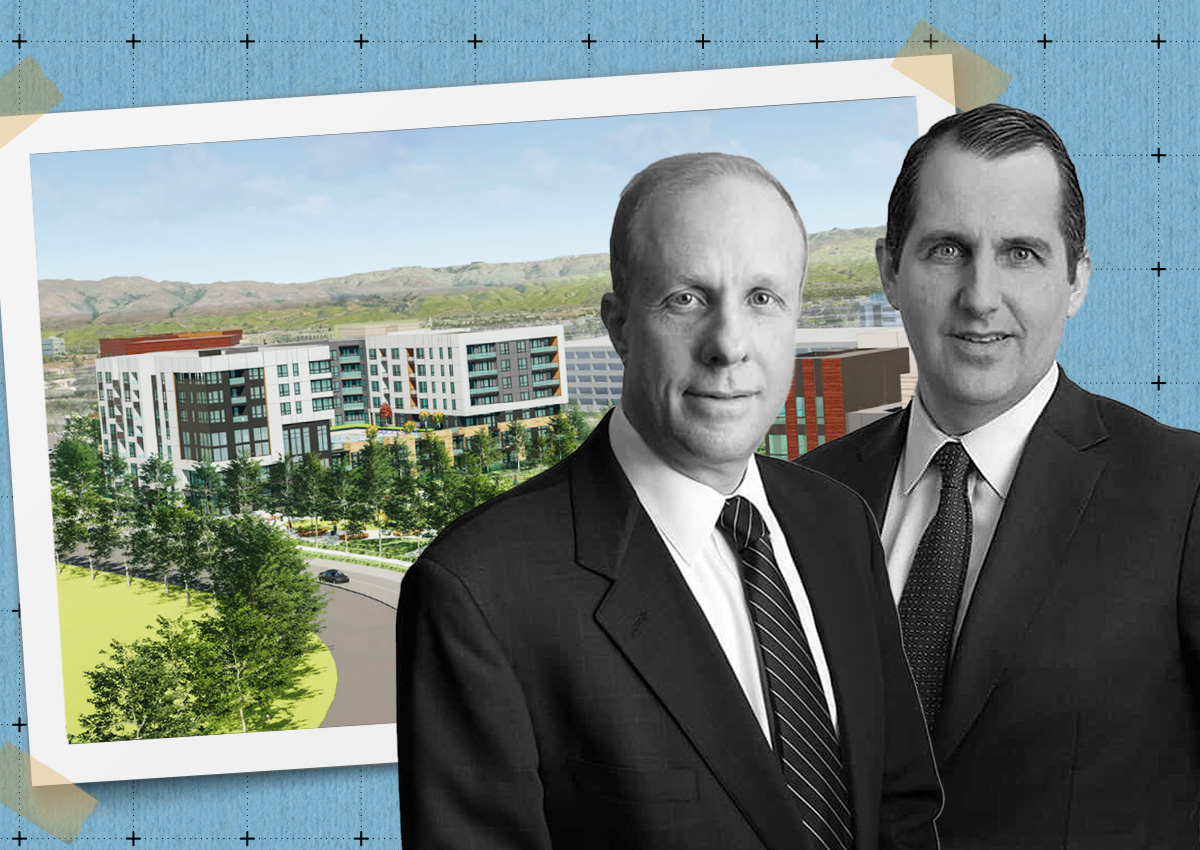“People are just on their own”: Inside one man’s post-prison economic struggle
In today’s labor market, there’s much talk about how easy it is to find a job—unemployment dropped again last month amid labor shortages in nearly every industry, although there are some signs that the hiring may be cooling. But for some people, work can still be hard to come by because of their pasts.
Formerly incarcerated people face significant barriers to employment, even after they’ve served their time. For many people who have prison records — especially for felony convictions — coming by a steady job can be an uphill battle. Those who do end up finding employment often take up unstable and low-paying temp work, according to reporting by ProPublica. Employment rates among formerly incarcerated people range from 40 to 64 percent in the year following their release from prison, per reporting in The Annals of the American Academy of Political and Social Science, compared with an average rate above 70 percent among the general population.
As part of our Economic Pulse series, we spoke with Noel Barrientos, a man who has successfully navigated the post-prison economic landscape. After struggling for two years balancing work and family obligations with community supervision restrictions – which included giving up a significant portion of each paycheck to pay for his own parole supervision – Barrientos turned his life around and is now a successful Miami-based realtor.
“People judge you, you know,” Barrientos said in an interview with “Marketplace Morning Report” host David Brancaccio. “People say, ‘Well, that guy doesn’t have a record. So let’s hire him instead.’ And coming out of prison, the halfway house, probation, they don’t have any programs or anything to help you.”
The following is an edited transcript of their conversation:
David Brancaccio: So you’re a realtor based in Miami now. You have a wife, I think two kids. You were motivated to get your life back on track. Give me a sense of your job options about four years ago when you first got out.
Noel Barrientos: You know, not a lot. As soon as you get that label of a convicted felon, it’s almost as if you have a red X on you, you know, and you get denied time and time again. Thankfully, I had a friend of a friend who helped me get employment. You know, that’s where I started, actually at a grocery store, actually Publix. And that was that.
“Always dealing with … that fear of going back”
Brancaccio: Yeah. So you’re working in the Publix, they took you on. But I understand that people may have curfews, you know, limits on hours [that] they can work as a condition of parole, that can get in the way of a career?
Barrientos: Oh, absolutely. Absolutely. I mean, first of all, I wasn’t allowed to drive to work. They told me because the car was under my wife’s name, and not my name, I can’t drive from the halfway house to work. So I had to take two buses there and two buses back every single day for six months while at the halfway house. And when I got to Publix, I had to give them a call, let them know I was there. And the manager starts talking to me, a customer starts talking to me, and you know, time goes by. I may forget, you know, and then I start working, and then they’ll start tracking you down and calling you saying, “Hey, you didn’t call us. You know, you can go back to prison, right? That’s a violation, you know we can send you back, right?” So it’s always dealing with that, you know, that fear of going back. And it was tough. It was definitely a challenge.
Brancaccio: Was there ever a situation where they’re like, “Hey, could you work, you know, tomorrow night?” And you’re like, “No, not tomorrow night because of the rules.”
Barrientos: 100%. So, every time I get my schedule, I was to submit it to the officers at the halfway house or probation or whatnot. And if they say, “Hey, John Doe called out, can you come in?” I would have to go through this whole process. And they’ll tell me, “No, no, that’s not on a schedule. That’s not what you’re supposed to be tomorrow. So no, you cannot go.” And me, I want to go, but now I have to tell my manager, “No, I’m not able to go in.”
Brancaccio: And I think many people listening to us may not have focused on this before: you had to pay fees from your paycheck of the cost of your own supervision while on parole?
Barrientos: Yeah, so that’s another thing. Every single time I got a check, I had to pay I think, you know, don’t quote me on this, but I believe it was around 33% of my check that I had to give to probation, which takes money away from, you know, feeding my family from paying for rent, and different things. It was tough. It was tough, you know, for probation or the system to have to take 33% of your check when you worked hard for that money, you know, and you did it the right way.
Brancaccio: Yeah, I mean, I’ll quote you, I just won’t hold you to the actual figure. How about that? Yeah, your sense was it was about a third, right?
Barrientos: (Laughter) Yeah, yeah, yeah.
Brancaccio: Were you able, Noel, to get training or certifications of any sort while you were in prison?
Barrientos: There aren’t many options. You know, they do have an education program, so they call it, to get your high school diploma, but I already had my high school diploma. You know, I went in there thinking that they had programs to get certifications and occupational licenses or whatnot. I even heard of a college program that you can go through and once I got there, you know, there was none of that. Really, I spent my time in the music room. You know, I’m a musician, and working out with a few buddies that I made.
The challenges of getting a real estate license with a record
Brancaccio: You’re a realtor now. I saw online that in Florida can take like two to five months to get the realtor’s license. How were you eventually able to do that?
Barrientos: That was a challenge within itself. So after Publix, I had a friend who told me, “Hey, I got my real estate license, come work with me.” I said, “Hey, I’m not licensed.” He said, “No, you just work out of the office, you know, take a few phone calls, you know, manage some systems.” I said, “Okay, great.” Did that, and then I was interested in getting my real estate license. So I went to go get my real estate license. And everyone told me no, don’t go, you know, they’re gonna deny you. I went to the board, you know, in Orlando. And I was denied the first time I went. I said, “Hey, look, I know that I have, you know, a background and I know I have a past, but I’m really trying to do everything right. And I’m trying to make something of myself.” And they said, “No, no, you’re on probation. We’re gonna go ahead and deny you.” It was a big deal to me, because, you know, I was really genuinely trying here. And that’s fine. I said, “Okay, well, I’ll be back,” and they’re like, “Okay.” So I stayed working in real estate helping out here and there. And a year later, when I was done with probation, I went back and I said, “Hey, guys, I’m back. You know, last time you told me that because I was on probation, I could not get my license. And here I am, and I haven’t had one violation. I haven’t had one dirty urine, you know, on a drug test or anything like that, you know, help me out here.” And that’s when they approved me. I always say that was the top of the mountain top for me. It was a huge moment in my life.
Brancaccio: And it’s working out? Realtor?
Barrientos: Oh my gosh, it’s going great! A ton of opportunities have opened up, you know, left and right. And you know, I’m working with a top-producing team down here in Miami, Florida. And I’m also a recruiter for the company. I’ve recruited about 350 agents, you know, to date. Closing deals, working with different clients. And I love it. I love talking to people, I love building relationships, you know, long-term relationships. And my wife is a real estate agent as well. So, you know, we do it together, and it’s working out.
Brancaccio: When I sat down, Noel, with recently incarcerated people, I mean, you know, there’s this pressure to get some income coming in when you get out. And they talk about how that pressure can lead them to falling back in with the wrong people. How did you keep those people away?
Barrientos: Well, from the day I got out, I mean, I cut everyone off. You know, one thing I learned is people, places and things. So everyone from my past that was involved in something that, you know, they weren’t supposed to be involved in, I cut them out. I mean, cold turkey. I no longer hung out where I used to hang out, and, you know, with the same people, you know, people, places and things. And not only that, but I give a lot of credit to a program I took when I was incarcerated, the RDAP program, you know, that program really changed my thinking, it helped me change my thinking. It teaches you how your thoughts determine your emotions and your thoughts determine your actions. So I completely rewired my brain and how I think, started practicing gratitude and humility and took it one day at a time.
“You automatically have a red X on you”
Brancaccio: We’re in a period where the job market is still quite strong, although things may be starting to cool off a bit here. Now, in theory, the hot jobs market this year should have made it easier for people with a prison record to find work. I know it’s been a good while since you were in that position. But do you think the generally strong job market is helped with any of this?
Barrientos: No, no, it’s not about the job market. It’s more, I’m not sure how to say it, but just whether the job market is good or not, if you’re a convicted felon, you automatically have a red X on you. It’s tough. People judge you, you know, people say, “Well, that guy doesn’t have a record. So let’s hire him instead.” You know, and the guy with a record may be better at the job than the other guy, you know? And coming out of prison, the halfway house, probation, they don’t have any programs or anything to help you. They don’t sit down with you and say, “Hey, listen, what are you good at? You know, what are your dreams? What’s your passion? Are you good with your hands? Are you good with sales? Let’s put you on the right path, you know, so that you can get there. Let’s connect with other employers and you know, let’s have a career fair.” They don’t have any of that. People are just on their own when they get out, and again, no one owes us anything at all. But it would be a lot easier if we had some resources and guidance, you know?
There’s a lot happening in the world. Through it all, Marketplace is here for you.
You rely on Marketplace to break down the world’s events and tell you how it affects you in a fact-based, approachable way. We rely on your financial support to keep making that possible.
Your donation today powers the independent journalism that you rely on. For just $5/month, you can help sustain Marketplace so we can keep reporting on the things that matter to you.



